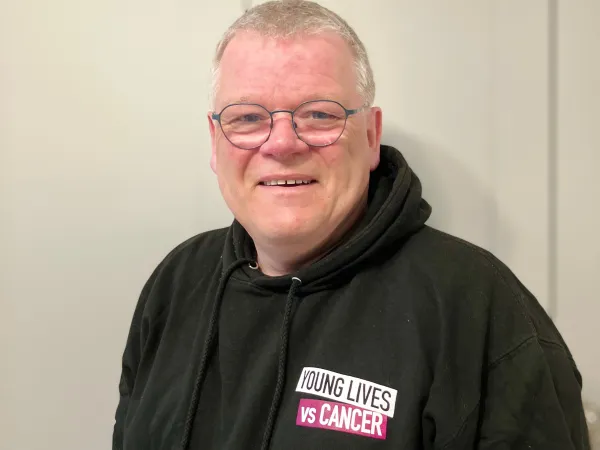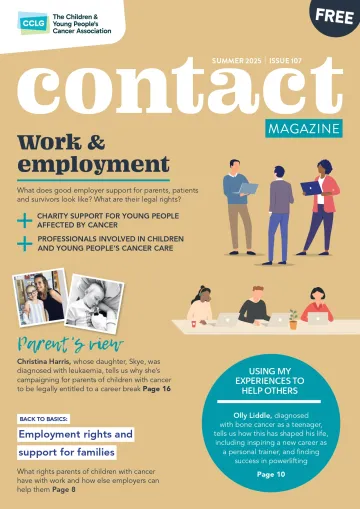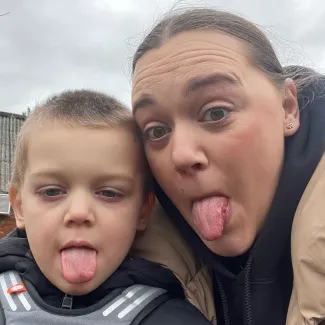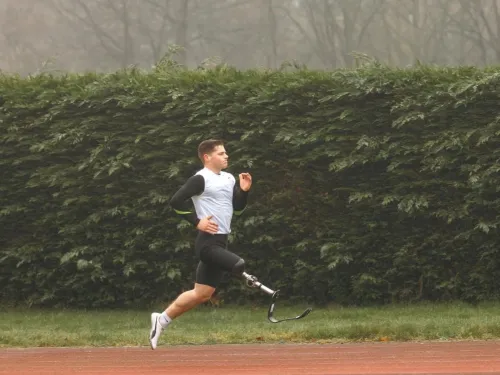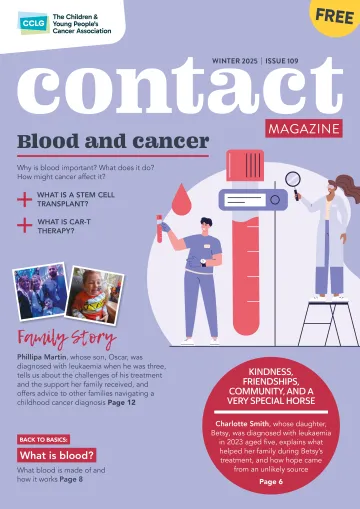When parents are told their child has cancer, many of them say that the whole world falls from beneath their feet. It’s devastating, shocking and can change family life dramatically from the outset. Employers can support this transition and alleviate some of the stress. Below are your legal rights and ways your employer can support you every step of the way.
The reality of working when your child has cancer
Children are treated in specialist hospitals across the UK. This means that, on average, parents are burdened with an average round-trip of 60 miles to get to and from hospital. Those who are lucky might be offered a place to stay near the hospital to save travel and money. But this means families are often divided with one parent ‘holding the fort’ at home while the other remains with the child having treatment. For single parent families, it’s an insufferably hard situation.
The emotional impact should also not be underestimated. Stress, isolation, depression and anxiety come with the territory. They're also up against a huge financial burden that comes with the cost of travelling, or a reduced income if one parent has to give up work.
Any parent will need their employer to step up and be the best employer they can be. They’ll need to understand what you’re going through, a commitment to uphold your rights, and a willingness to create a supportive work environment.
How can employers further support you when your child’s been diagnosed?
Employers keeping in regular contact and starting honest dialogue with you can let them know how they can support you. This might mean being given compassionate leave in the first instance while you’ve processed your child’s condition, prognosis and treatment plan. Once you have a better idea of what’s ahead, you can explore options with your employer for taking time off or for them to support you to continue working.
It’s your employer’s responsibility to ensure you understand the options regarding leave and working arrangements. They should keep an open conversation going in a way that’s right for you, whether that’s home visits, phone calls or going into the workplace, so that this process is as easy and supportive as possible.
Employers can support your transition back to work with a phased return or a return on part-time hours. Getting a clear picture from you of what you need to feel comfortable after you return will help to best support you. This includes being supportive of how and whether you choose to communicate your situation with colleagues.
Final thoughts
The social workers at Young Lives vs Cancer see first-hand the devastating impact a cancer diagnosis can have on families. As well as the emotional and practical implications, the financial impact can be immense.
Our social workers see the struggles faced and how physically tiring this can be, and how costly that is. Having understanding employers who can support their staff to enable them to work flexibly and creatively, when they’re able to and for as long as they’re able to, is vital in a cancer journey.
If you need more support, speak to a Young Lives vs Cancer social worker or contact Young Lives vs Cancer’s Welfare Advice Service on 0800 915 4439 or welfareadvice@younglivesvscancer.org.uk
What legal rights do you have?
Employees have the right to unpaid time off work to deal with emergencies involving a dependant – a family member or someone who depends on your employee’s care. An emergency means an unexpected or sudden crisis. Anything known about in advance, like appointments, do not qualify.
Some employers choose to offer paid time off in emergencies, but this should be set out in their policies. There’s no set time for how long someone can take, as it depends on the situation. There are also no limits on how frequently this can happen.
If you need to take time off in an emergency, you’re not required to give them proof or anything in writing. As your employer, you shouldn’t be refused reasonable time off, dismissed as an employee or treated unfairly on this basis.
Read more at https://www.gov.uk/time-off-for-dependants
All parents are entitled to 18 weeks of parental leave if they’ve worked for the organisation for a year. This is normally unpaid, unless agreed otherwise, and is available for each child up to their 18th birthday. Parents generally take a maximum of four weeks in any one year. Usually, this must be taken in weekly blocks but children with cancer are legally defined as disabled which means that you should be allowed to take individual days, too.
If you’re struggling to work due to stress, anxiety or illness, you’re entitled to statutory sick pay (SSP). This should be paid for up to 28 weeks if you meet certain criteria. Agency workers are entitled to SSP and there are different rules for agricultural workers.
Read more at https://www.gov.uk/statutory-sick-pay
All employees have the legal right to request flexible working. Furthermore, parents who have a child with cancer under 18 have a legal right to ask to negotiate a working pattern that helps you care for your child.
Options could involve working from home, job sharing, or working flexi or compressed hours. Employers don’t have to agree to your request, but they do have to consider it in a ‘reasonable manner’. They should remember that this could make all the difference in feeling that you can manage work and home life.
Being flexible with taking leave will let you manage unexpected situations or needing to take a longer period than first thought. Ideally, you should try to let your employer know roughly how long you’ll be away if possible, but they should be aware that this might be difficult as much will depend on how your child responds to treatment. Can they accommodate reduced hours or flexible working? If you do need to take a significant amount of time off, can they offer a sabbatical or an open invitation to return?
Some parents want the choice to continue working as it gives them a positive focus. However, those who do will likely need to have assurance that they will be supported to attend appointments or take time off at short notice. You could also consider a reduction in hours and flexible or remote working.
Learn more about flexible working at https://www.gov.uk/flexible-working
Parents and carers of children with cancer are protected from discrimination or harassment because of their caring responsibilities under the Equality Act 2010. Discrimination at work could be making someone redundant because of their caring responsibilities or unfairly rejecting a flexible working request. Employers are also responsible for discrimination carried out by other employees unless they can show you’ve made reasonable efforts to prevent it. This includes self-employed people on a contract for them.
Read more about discrimination at https://www.gov.uk/employer-preventing-discrimination
From Contact magazine issue 107 | Summer 2025

